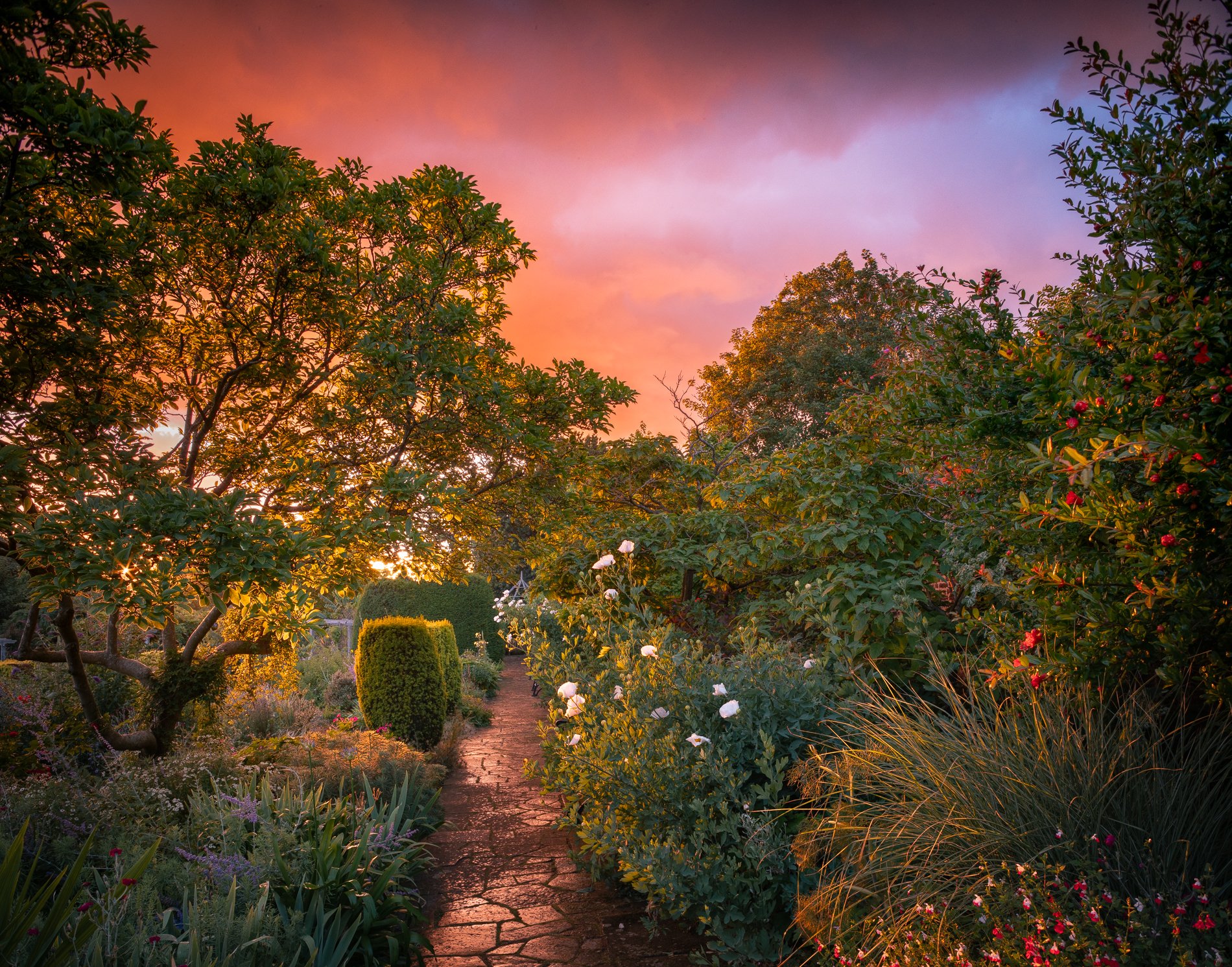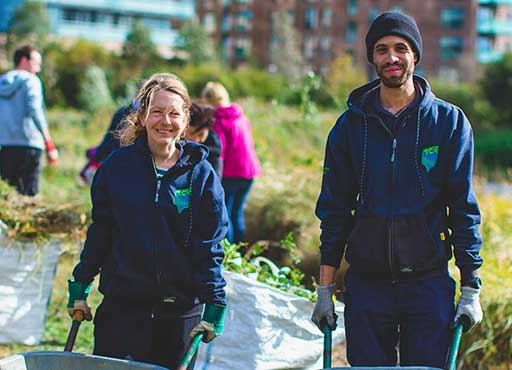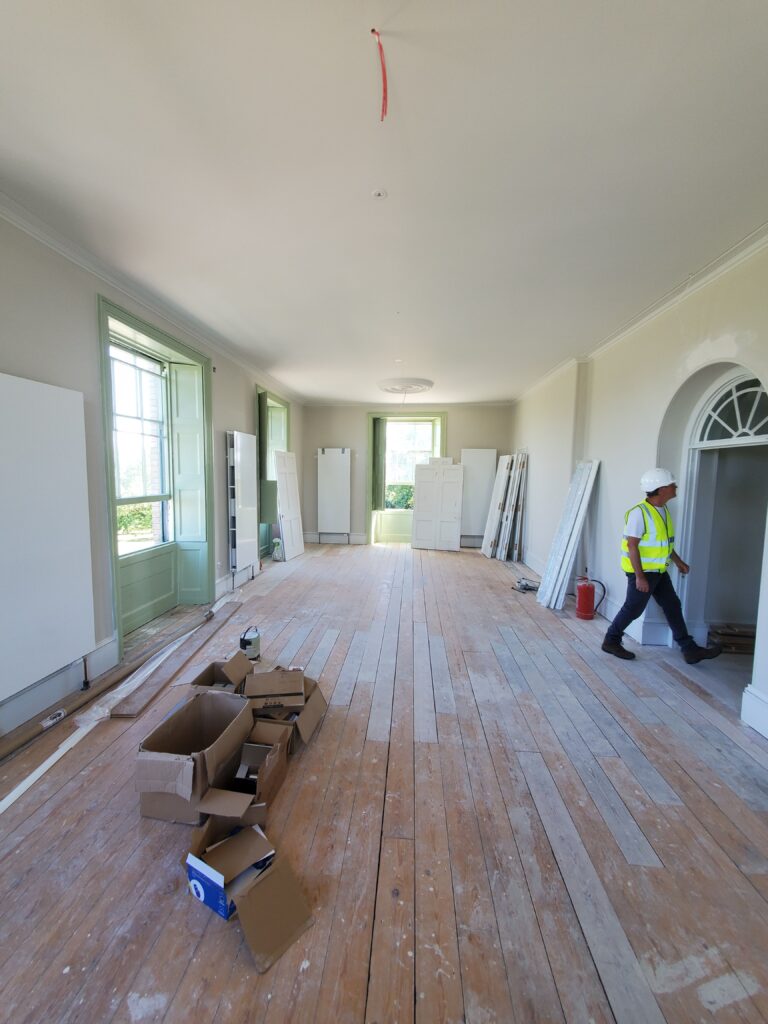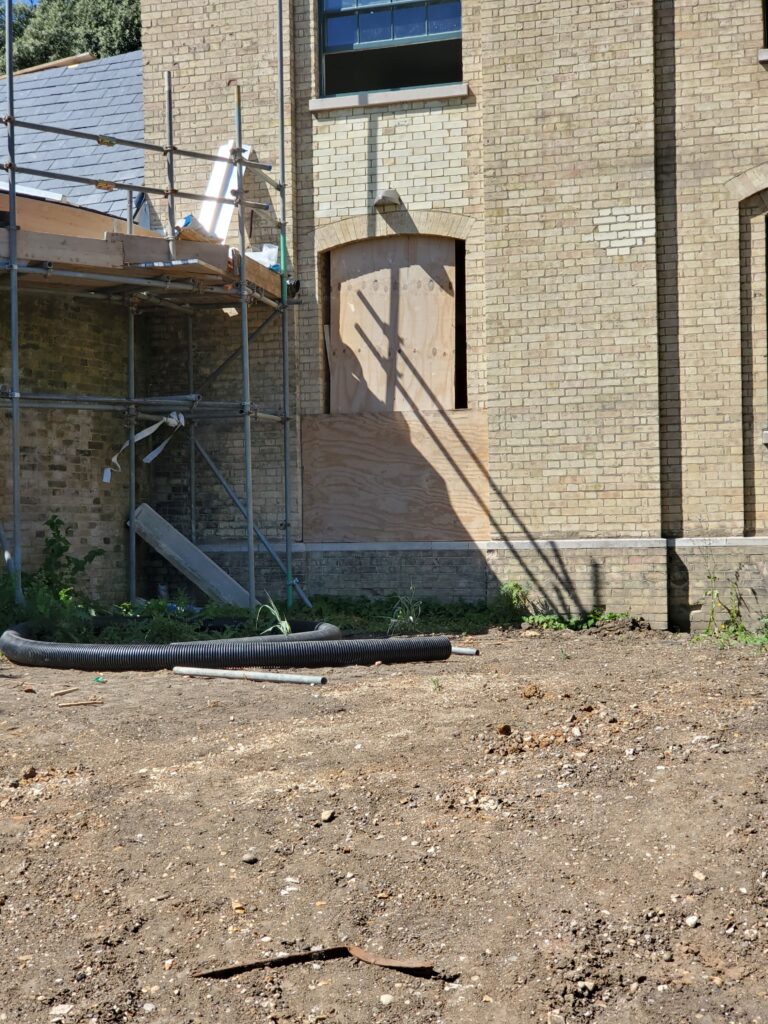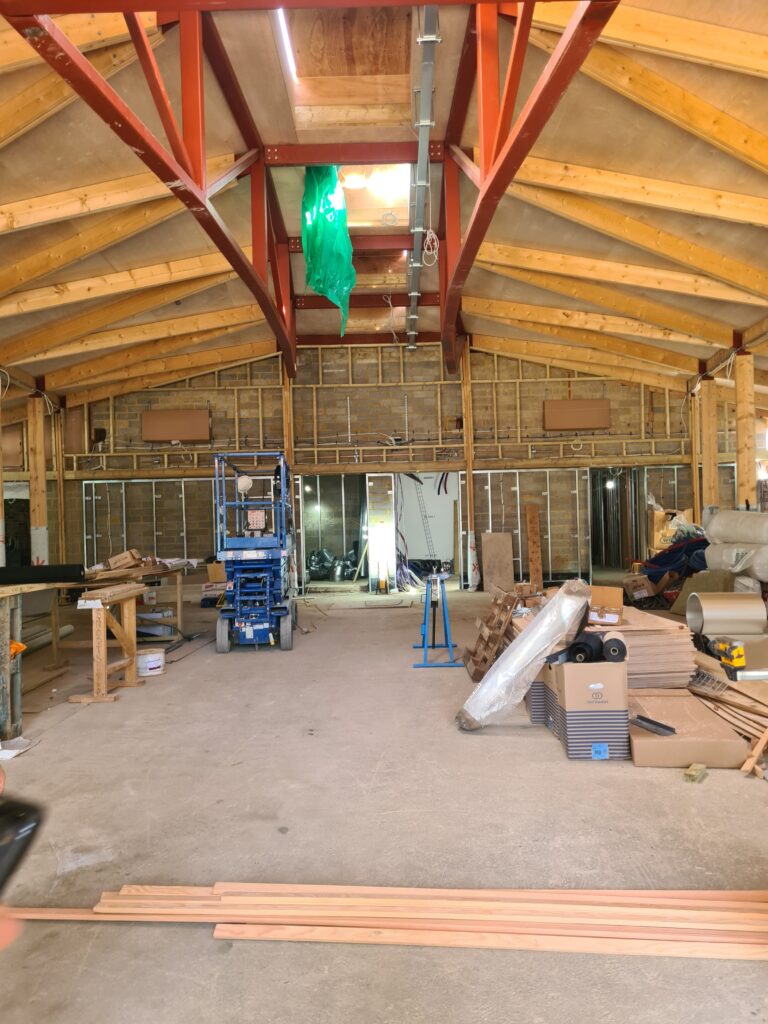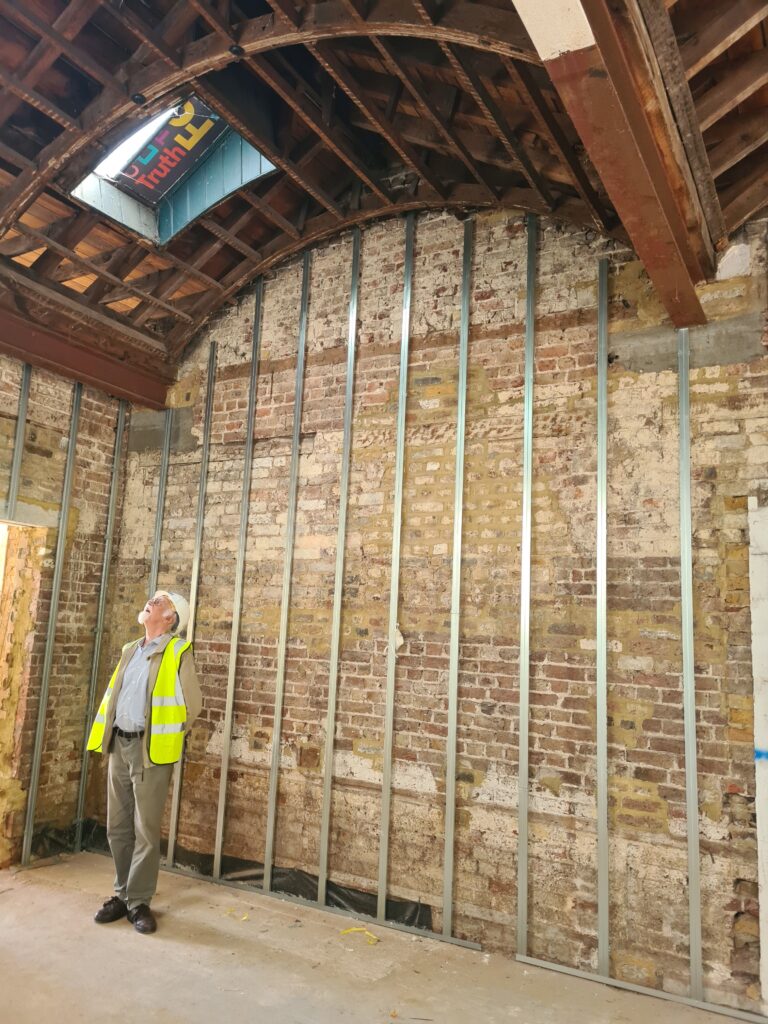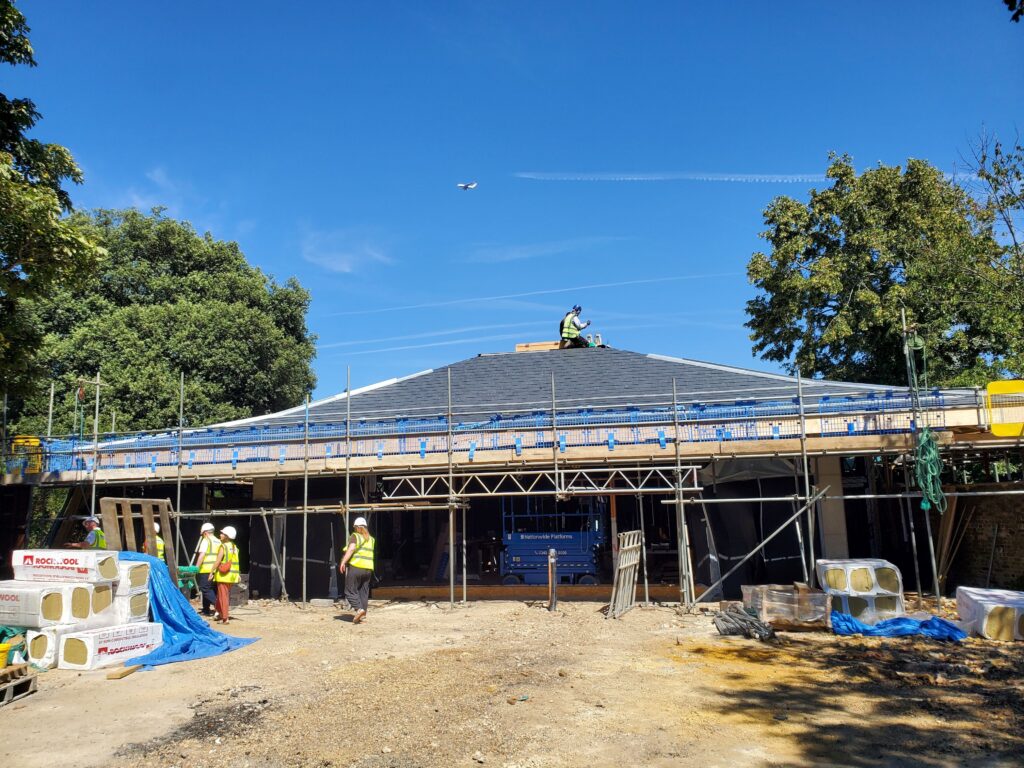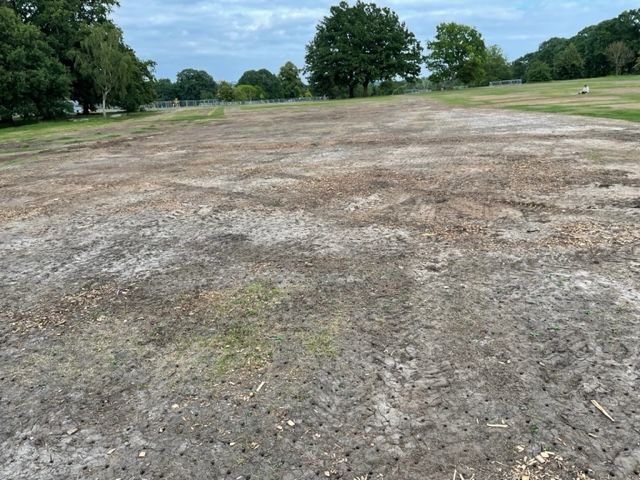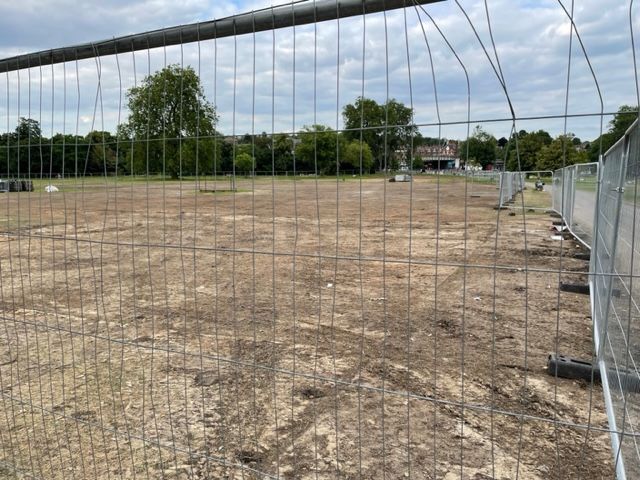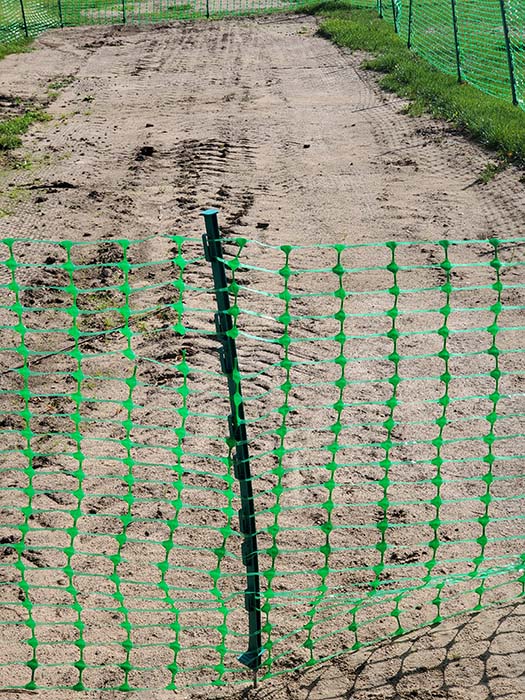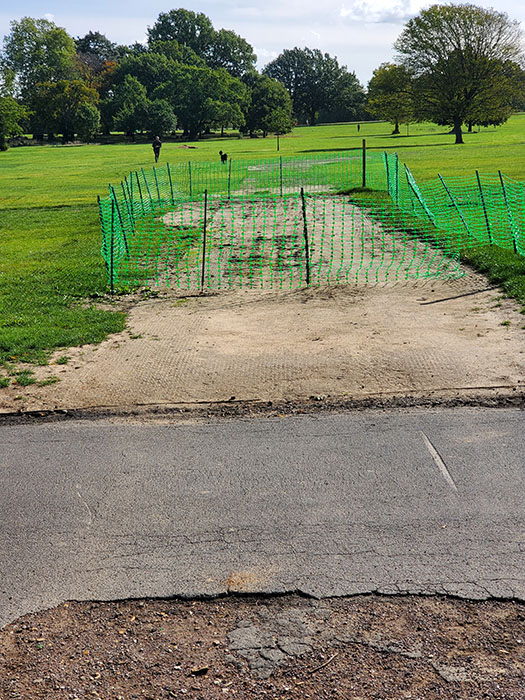Friends of Brockwell Park have made a full representation to Lambeth Council to object to the granting of an event permit for the commercial festivals in the park this year.
It was in two parts; our own summary of reasons not to hold the Brockwell Live events together with a very detailed letter prepared with our support by the group Protect Brockwell Park. We are hopeful that Lambeth Council will follow proper process and include our representation in the papers prepared for decision making.
Our representation can be read below.
Looking forward, there are two live planning applications. The first is likely to be determined at the end of next week and decides whether the commercial events need full planning permission. The second is the application for temporary permission for the partial dismantling of the commercial events and the holding of the Lambeth Country Show. The consultation period for this ends on the 4th April.
Despite the many positive aspects of the Lambeth Country Show we intend to object to the application. We will write to you next week explaining why and with information on how to make an individual representation.
___
Representation on the Event Permit Application for Brockwell Live 2025
Our members believe there is no justification to grant the event permit for the Brockwell Live commercial festivals.
The evident impacts on the fabric of the park, together with the sacrifices required of users, neighbours and local businesses are much too great to be balanced by the entertainment benefits and income from the events.
Brockwell Park is a uniquely beautiful green space of immense value to the people of Lambeth. Its sloping topography and historic design as formal parkland to Grade II* listed Brockwell Hall give it a landscape and amenity quality unmatched by other local spaces. The variety of character areas – including sweeping parkland, the walled garden, wildflower meadows, ponds, Lido, and sports facilities – allow the park to be enjoyed in a multitude of ways. Its popularity, especially during spring and summer, shows how much it is cherished by local people as an irreplaceable source of wellbeing.
Above all, it is one of the very last remaining public places available free for our urban community to come together in shared enjoyment.
Any potential loss of this amenity or damage to the park must be properly assessed with full professional measurement of the impacts. The documents available for this and previous years applications demonstrate that these assessments have not been made.
Loss of Access and Amenity
There is no assessment of the everyday use of the park. It is not known how many people come to the park or what they value about it – especially during the critical period of late spring and early summer.
We believe that too many people are deprived of the use of the park during the most popular time of year. Over a typical weekend immediately before the events take over, the open grass will be full of people playing and picnicking and enjoying the park as it is intended to be used. It is easy to see that the number of people excluded from the park during the events far exceeds the number of festival goers from Lambeth.
They are further excluded from much of the grass areas for the entirety of the summer due to the loss of grass. The normal use of parkland requires good quality grass.
The events occupy a large proportion of the open space, while the parts remaining have a much-altered character. The parkland is no longer open, and the walled garden is not a peaceful haven. The entire park changes in feel from a public shared space to one fenced off for private profit.
Damage to the Park
The long-term damage to the natural quality of the park has not been properly assessed, while the short term damage clearly diminishes the park all summer, every year.
Grass and Soil
The post-event Agronomy Report (Agrostis 2024) identified the extensive damage to the grass and soil from last year’s event and recommended reinstatement methods. The specialist contractor Origin Enterprises set out the reinstatement procedure for 2025. In both cases it is acknowledged that reinstatement of the grass cannot start until the end of the summer. This means that the damage or degradation of the grass will remain unmitigated all summer and beyond.
The use of trackway limits the risk of rutting from vehicles, but it does not protect the grass itself. After 5 weeks of cover the earth under the trackway is bare and stays that way all summer. A single growing season is not enough for the grass to recover so a permanent unnatural scar is left on the park.
The proposed use of increased and extensive trackway for 2025 will not improve protection, instead it will leave an even greater area of damaged grass.
It must be recognised that although the damage in 2024 was made worse by rainfall, the grass is severely damaged every year, leaving large areas of bare sunbaked earth. The condition of the ground after the 2023 event was described by Agrostis as ‘devastation’.
Trees
It is unreasonable to deny a link between the events and increased loss of trees when it is known that the trees suffer from diseases caused by root compaction. It is clearly recorded that the root protection zones suffer elevated loading from concrete blocks, heavy vehicles and high footfall.
Wider Ecology
There is no Ecological Impact Assessment. Instead, the Council appear to rely on an Ecological Constraints and Opportunities Plan commissioned by the events promoter. This report, Greengage (2024), is desk based and makes multiple unsubstantiated assumptions amongst which is the peculiar observation that no mitigation or surveys are necessary despite noting a significant loss of species.
Harm to an Important Heritage Site
No adequate assessment has been made by the Council of the harm to either the listed historic park or the setting of the Grade II* listed Brockwell Hall. Local groups have commissioned a Heritage Impact Report which concludes that the annual rota of events including Brockwell Live causes unacceptable long-term harm to both the historic fabric and character of the park.
It is important to recognise that temporary harm is still harm and must be assessed in the context of repeated events. The gain from events cannot mitigate the harm. Not least, because other, less sensitive sites could hold the events equally well.
The Burden on Local Residents and Businesses
The sound level limits are from an unsubstantiated policy nearly ten years old. Even if they might be reasonable for one event, they do not consider the compounding effect of three consecutive weekends. It is plainly unfair to expect local residents to tolerate this length of nuisance. Most of the people in the local housing blocks cannot simply go elsewhere. The Council are told every year of the difficulties many residents have caring for disabled children during the events, but this has not been either recorded or acknowledged.
The Council does recognise that local businesses suffer a loss of trade during the events. This must not be dismissed as without cost.
The Balance of Benefit and Impact
There is no doubt that the Brockwell Live festivals are very popular events, attended by people from all over the UK and beyond. But they provide entertainment which is already easily available in other places. Indeed, if Brockwell Park was not available the events would simply happen elsewhere.
There must be a better venue for the largest pop concert in the country than a historic urban park.
The income to Lambeth can only be a miniscule figure compared to non-essential spending by the Borough – especially when all the associated costs to the Council are deducted. When the costs to the local community are taken into account there cannot possibly be a financial justification for the harm caused.
Decision-making
As a new 5-year Events Strategy is being considered this year, it is essential that a fallow year takes place to allow the proper technical assessments to be made about the ordinary state of the park and its usage. These can then form a baseline understanding necessary to predict and assess future impacts.
In previous years, the Council has taken advantage of the good nature of park users to make expedient decisions without the necessary consideration of impacts and often without legal permission. All future decisions on large scale events must be made properly, transparently, and be based on unbiased technical information and meaningful local consultation.
Laura Morland
Chair of Friends of Brockwell Park
Michael Taylor
Vice-Chair of Friends of Brockwell
You need to add a widget, row, or prebuilt layout before you’ll see anything here. 🙂
